In the cool, wet soils of spring, slugs can decimate young seedlings and early fruits overnight. It can be so heartbreaking to wake up in the morning to destroyed seedlings and nibbled-on strawberries!
Slugs aren’t all bad in the garden (did you know they produce natural fertilizer just like composting worms?). We want to show you how to manage your slug population so you can have robust plants and still maintain a healthy ecosystem.
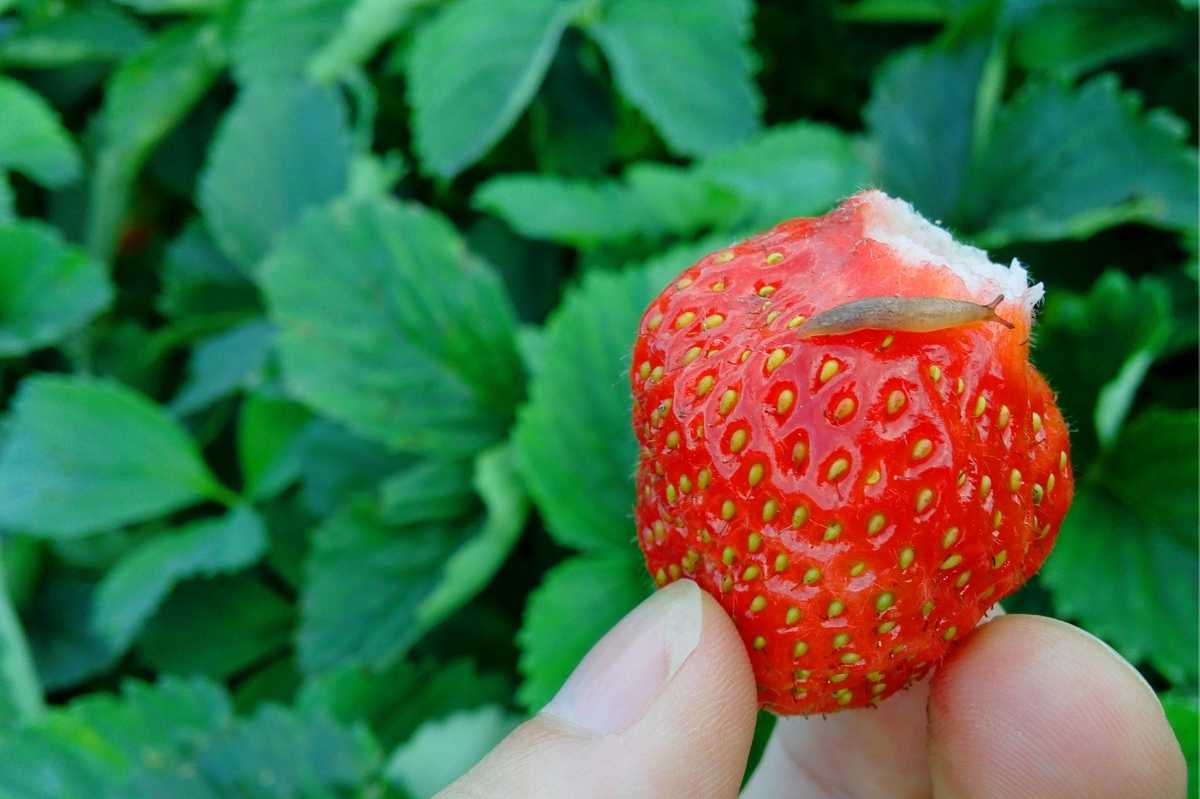
Table of Contents
What attracts slugs to your garden in the first place?
Wet or damp soil is the number one thing that attracts slugs to the garden. Slugs tend to dry out very quickly, and they love living (and eating!) in a location that stays consistently moist.
We are big proponents of mulching to balance soil temperature, reduce weed competition, and retain moisture, but mulch can also increase slug populations because it helps retain moisture so well.
Growfully Protip
If you have slug issues in your garden, make sure to keep your mulch away from the base of the plant.
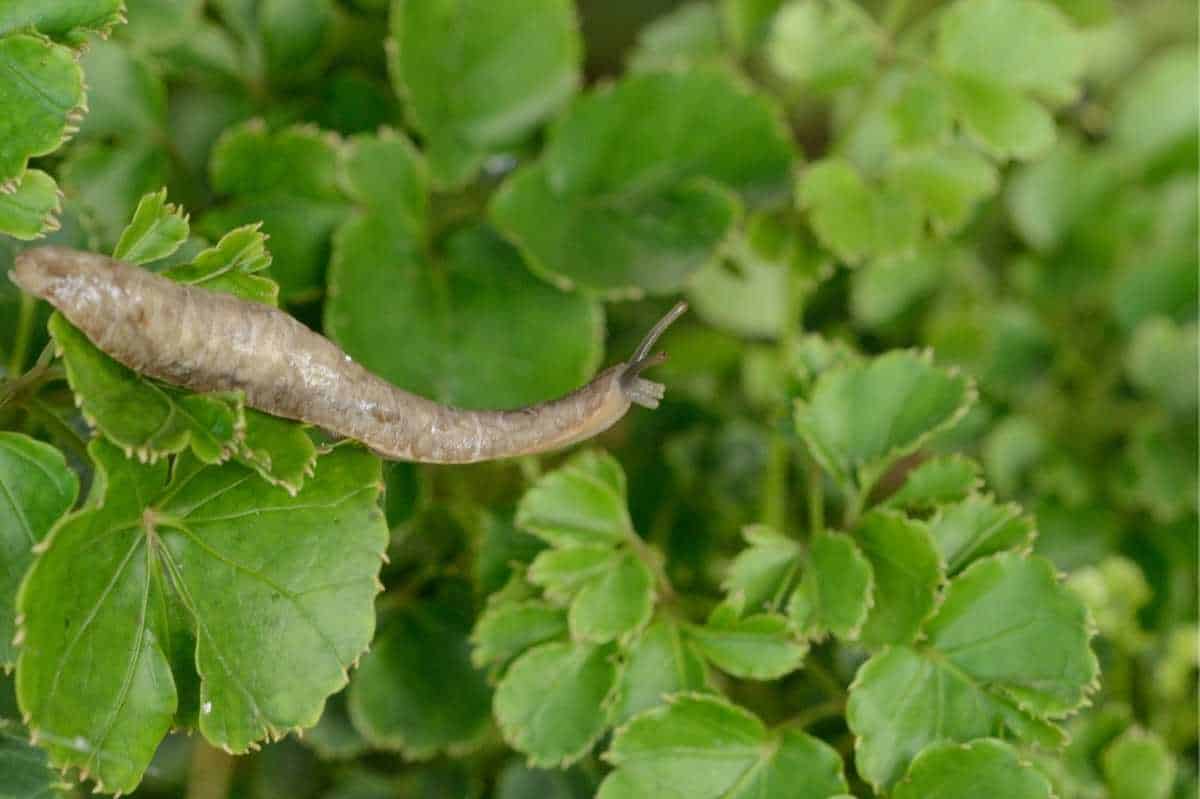
What kind of damage do slugs do?
Slugs will eat any kind of foliage, but you’ll often find them doing the most damage to the tender leaves and stems of seedlings. Slugs will also take bites out of vegetables and fruits (particularly soft fruits like strawberries), causing unsightly crops.
Are slugs useful for anything?
It might seem tempting to napalm the slug population after they’ve eaten your strawberries, but slugs aren’t all bad! In fact, a healthy (but well managed!) slug population is good for the garden. Slugs break down garden debris and turn it into nitrogen-rich fertilizer that enhances soil nutrition (similar to worm composting). They also are a natural food source for many beneficial insects, birds, frogs, snakes, and toads.
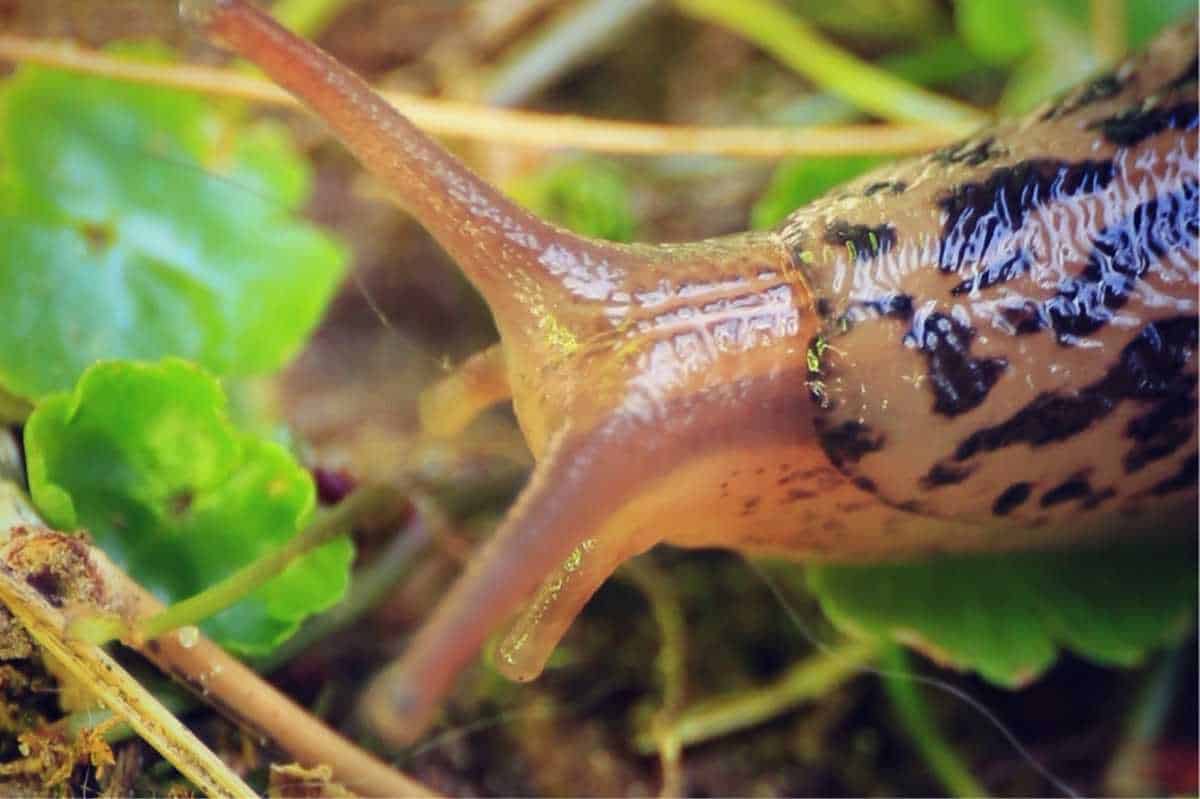
What repels slugs in the garden?
We believe that whenever you’re dealing with a pest, repelling them should be your first line of defense. After all, pests are only pests because they are eating your garden plants! When they aren’t eating your strawberries, slugs are an important part of the ecosystem—so let’s try to keep them that way.
There are multiple different ways of repelling slugs, so you’ll have lots of options to try to figure out what works best for your garden!
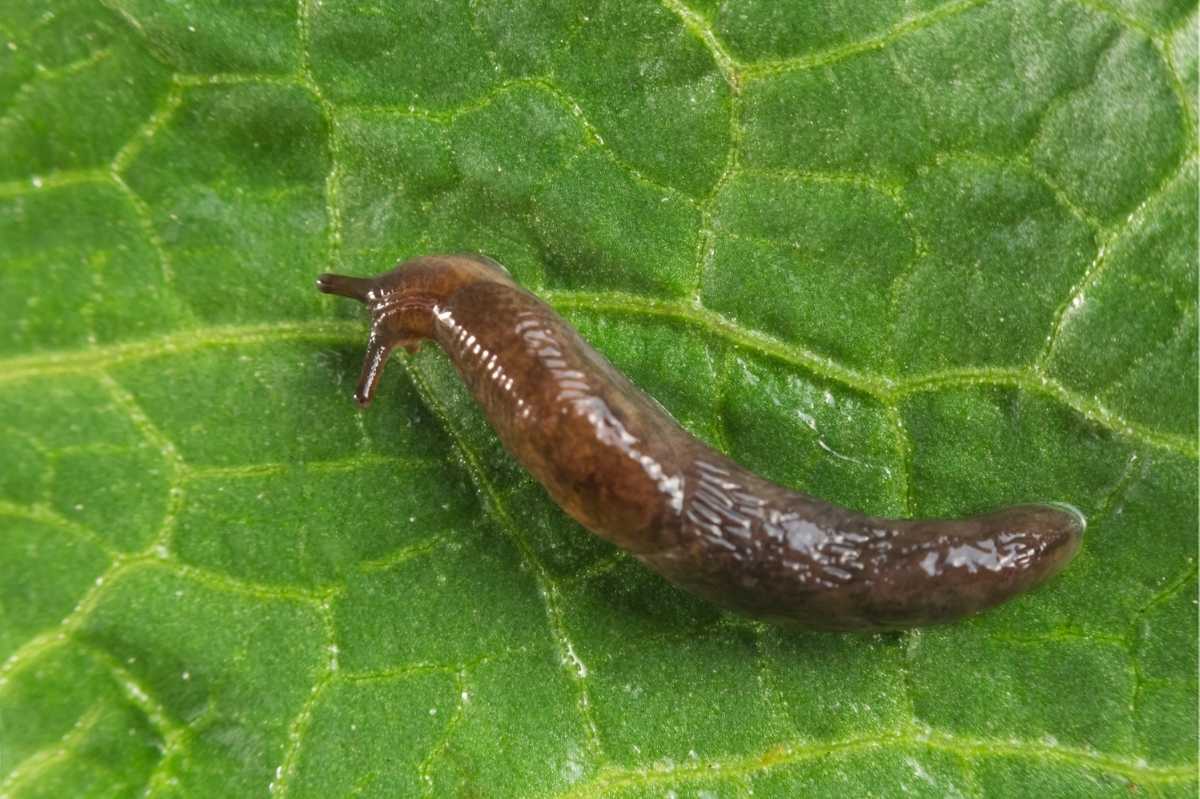
3 Ways to Naturally Repel Slugs (Preventative Measures)
Create a Barrier: Slugs crawl everywhere, and their soft, sensitive bodies do not like to crawl over anything that irritates their skin. Use this to your advantage by circling your plants with a barrier that causes the slugs to turn around and head in the other direction. Coffee grounds, wood ashes, sand, crushed eggshells, and diatomaceous earth (DE) all do this when sprinkled around plants—with DE being the most deadly. Another barrier option is copper tape or copper wire. You place the tape or wire around your plants or garden beds, and when the slug crawls across it, it is given a small electrical shock that is very uncomfortable.
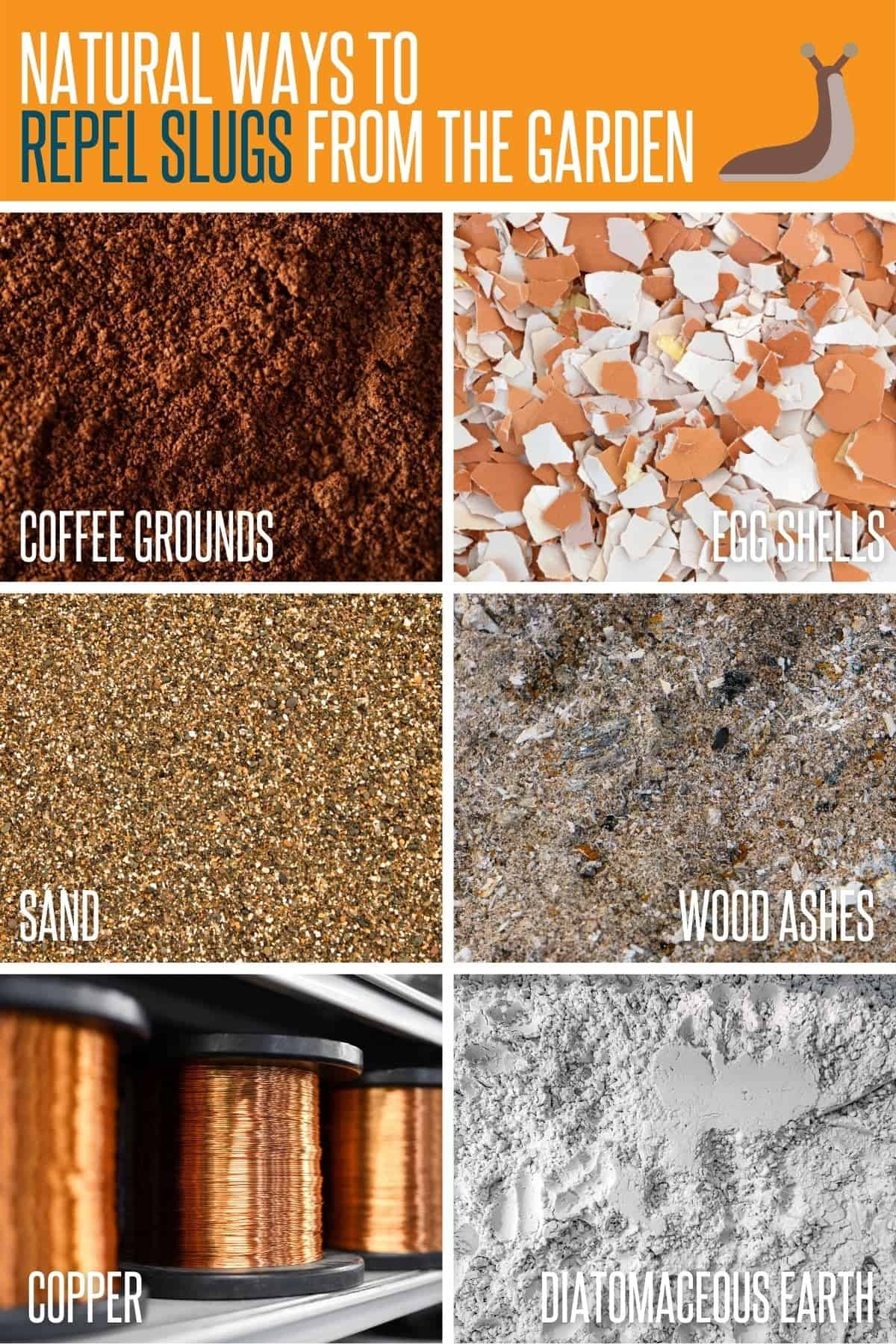
Remove Garden Debris: If you have consistent problems with slugs, after the soil has thawed in the spring, you want to begin to remove garden debris like leaf litter or mulch. Slugs not only like to live in the garden debris, but they also lay their eggs in it.
Increase Populations of Natural Predators with Companion Plants: Slugs are a favorite food of snakes, toads, frogs, beetles, and other beneficial insects. Ground beetles are a common predator of garden slugs, and planting white clover in your garden can help increase ground beetle populations.
4 Cheap Ways to Naturally Get Rid of Slugs
Okay, you tried preventative methods, and now you’re ready to get rid of slugs in your garden without the use of synthetic pesticides. Good news! There are a ton of ways to use traps and baits to reduce the slug population in your garden.
Manually Removing Slugs
As we’ve already talked about, slugs aren’t all bad! If you have a small infestation, just head out after dusk with a headlamp and pick those suckers off your plants. Drop them into a bucket of soapy water to kill them immediately, or move them to an area where birds and snakes can eat them—and the circle of life continues!
Plant Trap Crops
Planting trap crops is easily our favorite way to get rid of slugs and many other common garden pests. The gist is this: plant a crop that the slugs REALLY love to enjoy, they choose that plant from the garden buffet, and then you can sacrifice those plants and concentrate your slug removal methods there.
In general, slugs like to eat the tender leaves and shoots of new seedlings, but some plants are irresistible to slugs at any stage of growth. Slugs absolutely love to eat marigolds and basil. A robust border of either (or both) around your garden can go a long way to draw out slugs from your tender seedlings.
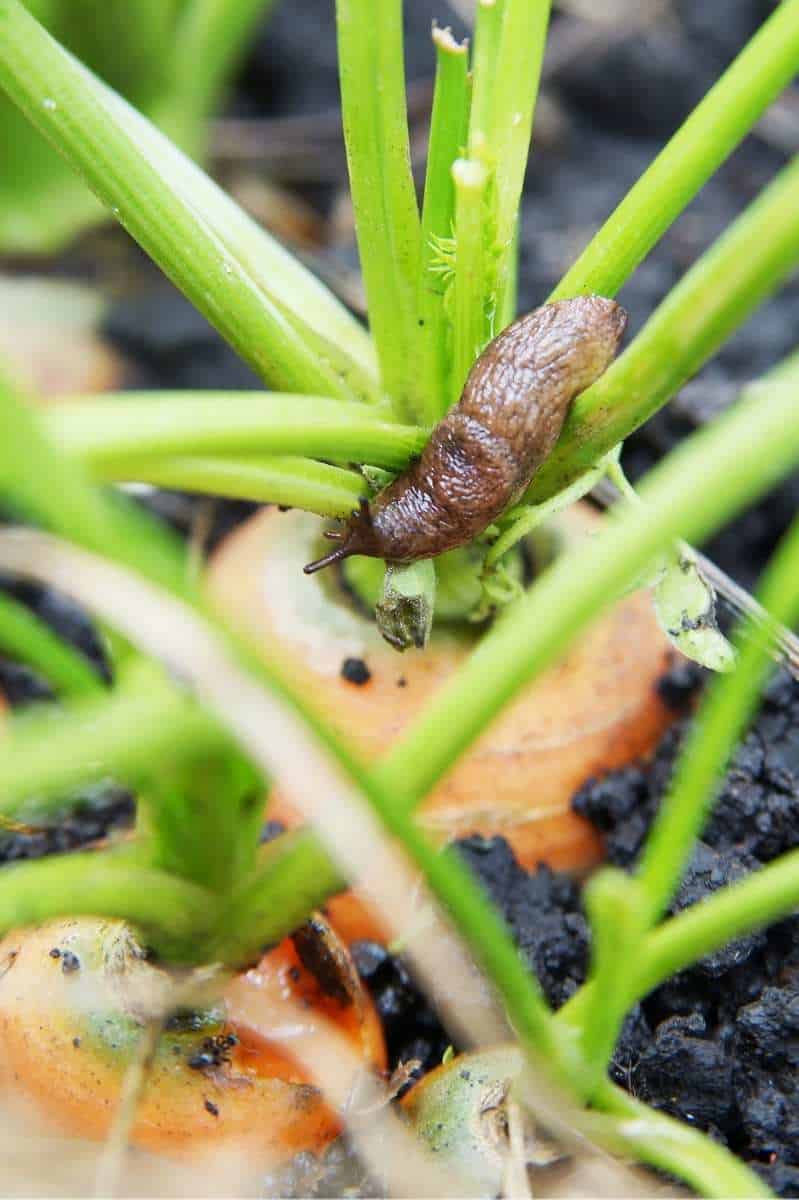
Beer Traps to Bait Slugs
The most common piece of advice you’ll get when dealing with slugs is to put out beer traps. Beer traps are easy and cheap to make, and the traps work well because slugs are attracted to the scent of the yeast in the beer. However, we don’t recommend them as a first line of defense. These traps do drown and kill slugs, but they frequently also kill beneficial insects, so we recommend only going this route if you are dealing with an overwhelming infestation.
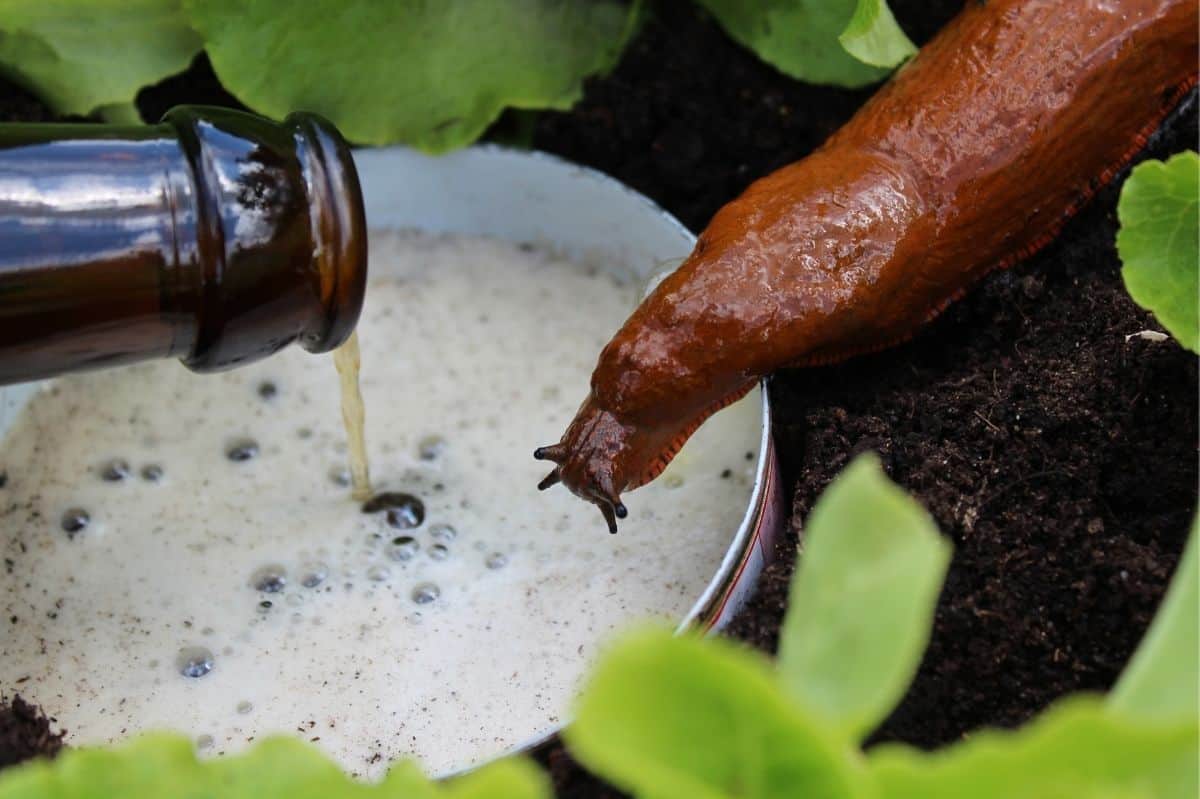
To make a beer trap, simply take a clean, shallow container (a cleaned-out tuna can, small yogurt container, or butter tub all work really well), and bury it in the ground with about an inch sticking up out of the soil. Fill the can with beer—any beer works, but slugs tend to really like the yeasty smell of darker beers—and then wait for the slugs to crawl in and meet their demise.
Growfully Protip
Empty and refill your beer traps regularly. Slugs are not as attracted to stale beer as they are freshly-poured.
For beer traps to be successful, you need to place them about every 3 feet—which can become quite costly and labor-intensive for larger growing spaces.
Grapefruit Traps to Get Rid of Slugs
Grapefruit (and other citrus fruit) traps are live traps that are less deadly to beneficial insects than beer traps. Enjoy yourself a half of a grapefruit—scooping out the flesh inside. Then place the empty grapefruit half upside down in your garden. Overnight, slugs will be attracted to the sweet scent and take cover in these citrus domes, and in the morning, you can remove the grapefruit half, take it far away from the garden, and feed the birds!
Growfully Protip
Half a hollowed-out cantaloupe and an orange rind also work well for the grapefruit trap method. Some folks also use upside-down flowerpots or bowls to achieve a similar trap.
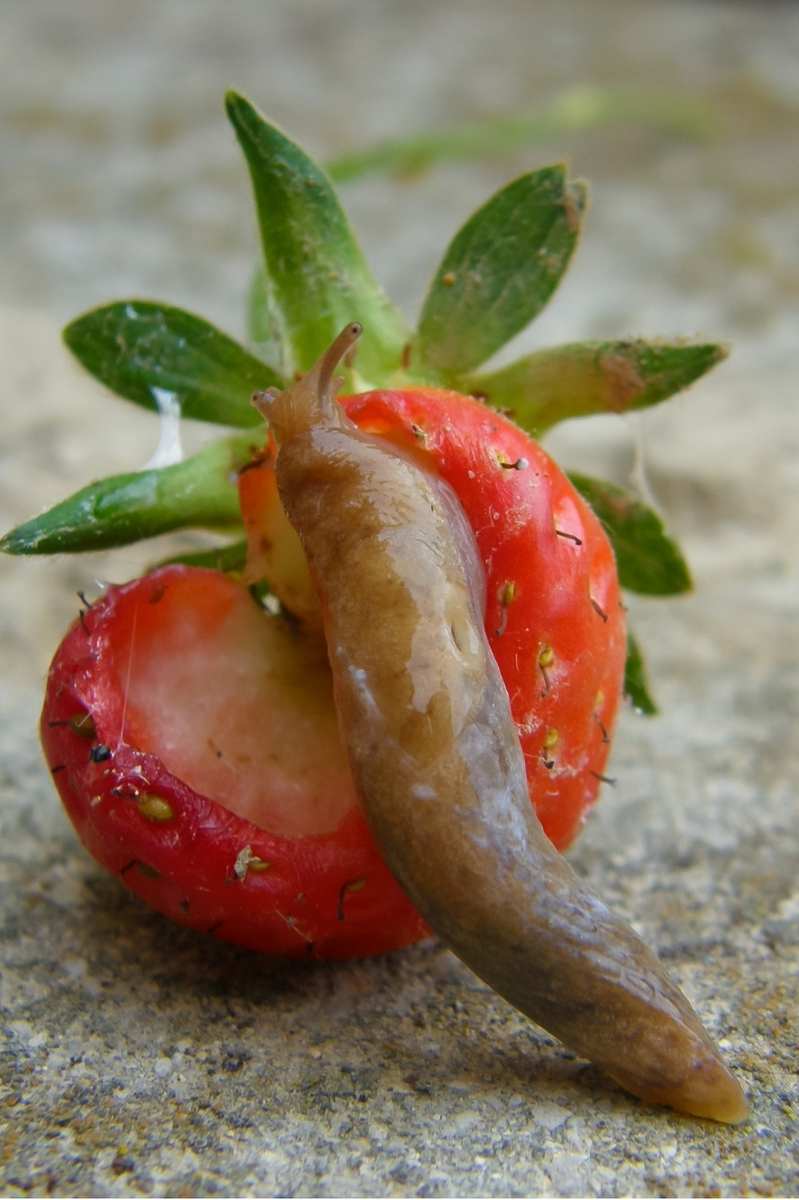
What about organic pesticide methods to get rid of slugs (like Sluggo)?
If these methods don’t work for you, the next line of defense would be to look into natural and organic pesticides for tackling slugs. Sluggo by Monterey is a common organic pesticide for slugs and snails made from iron phosphate. It works by disturbing the gut of the slugs after they ingest it, and then they stop eating and eventually die a few days later.
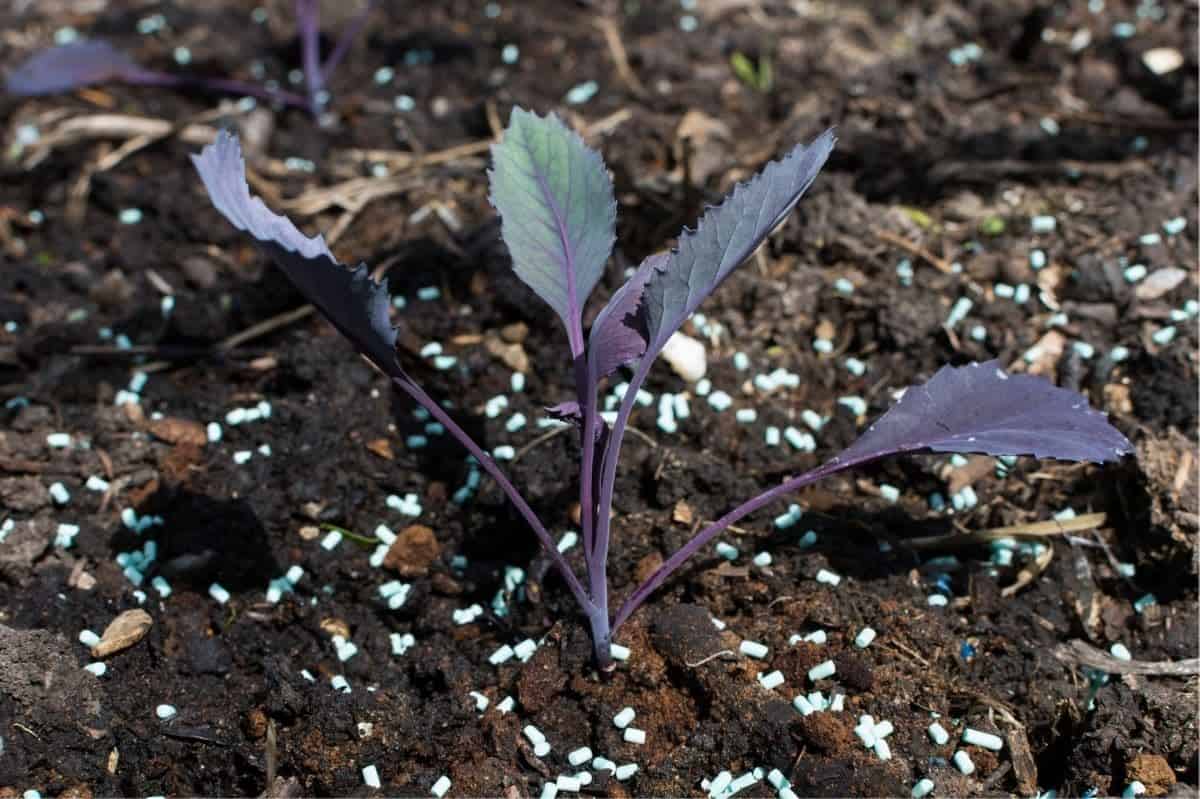
While iron phosphate is definitely an option if you are dealing with a very heavy, very destructive slug infestation, we recommend you try other options first if you are dealing with a minor or moderate infestation. While iron phosphate is generally accepted as safe, it is attractive to pets and birds and has been known to be toxic to some dogs. Use it with caution around pets and children.

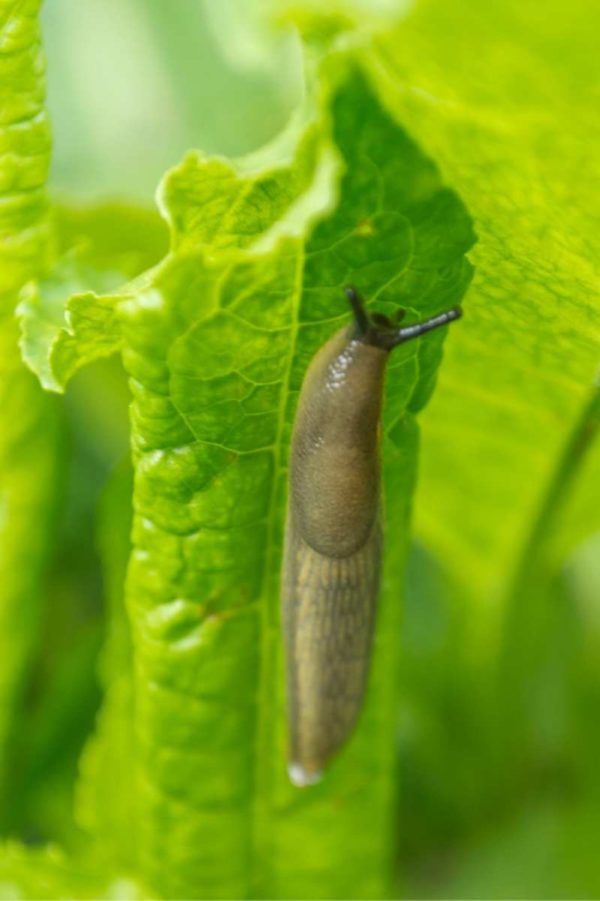



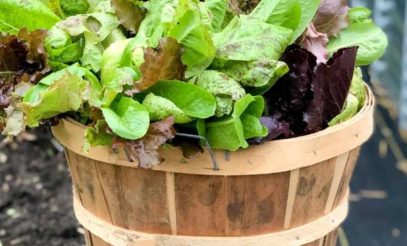


Your article really interesting and worthwhile, I learned a lot from it. Thanks for sharing!
Slugs are not good for gardens. People should regularly check for the presence of slugs and remove them from yards as quickly as possible. These creatures like wet and cool areas, so pay special attention to those places. One should take note of any slimy trails as well.
Slugs are an essential part of the composting and decay process and are an essential food source for birds, hedgehogs and frogs, so they are actually good for the garden.
I tried encircling a slug with copper wire, it crawled over it no problem.
Diatomaceous Earth does absolutely nothing to slugs. It literally slips right off them. You could dump a spoonful of it and cover an entire slug. A minute later they’ve just slithered out of it and go on their merry way. It has no effect whatsoever. Neither does sand. They slide right over sand. Not sure where you get your info from but my god is it wrong
Good morning Cassie, I have a question for you. I have a large existing garden and am switching to raised garden beds (open at the bottom) this year. My plan was to scoop up the existing soil and fill my raised beds. Thought it was a great idea. Now am really thinking about it as I don’t want to possibly scoop up all the possible slug larvae and have another infestation this summer. What are your thoughts? Should I just bite the bullet and get new soil for the raised beds?
Thank you
If you’re really struggling with a pest infestation, new soil can definitely help. But you can also treat the soil you have using methods we mention above if you want to try that first!